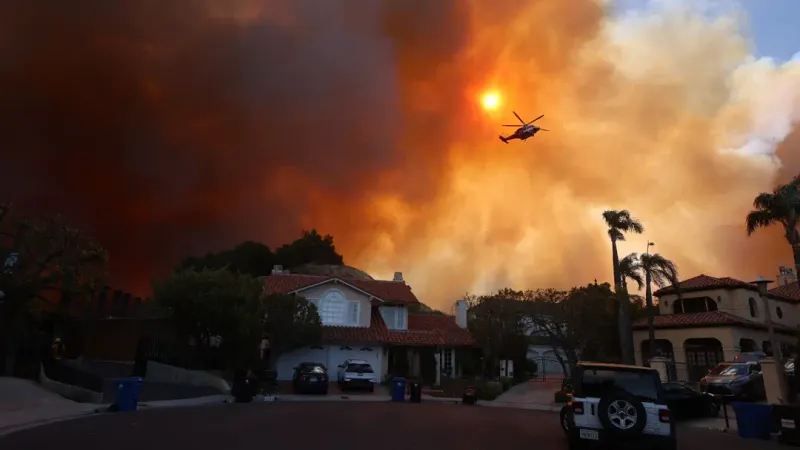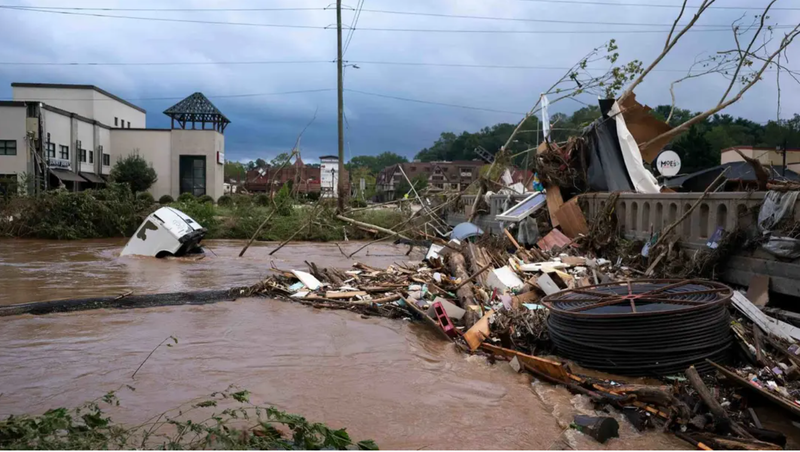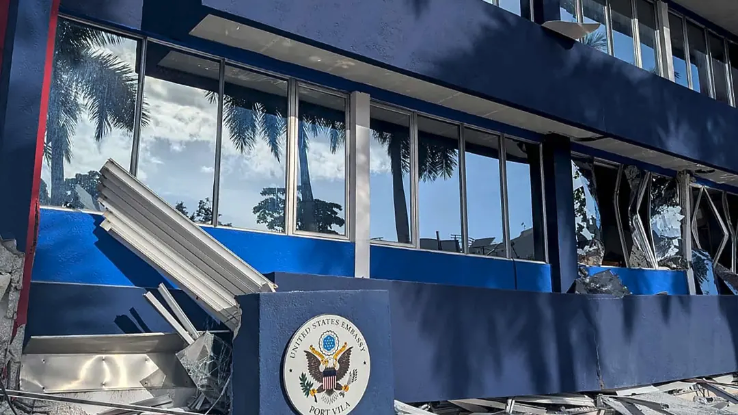Libya Floods: Death Toll Rises to 11.3K
The death toll in Libya's coastal city of Derna has risen to at least 11.3K as search efforts continue following a catastrophic flash flood caused by the collapse of two aging dams in heavy torrential rains....

Facts
- The death toll in Libya's coastal city of Derna has risen to at least 11.3K as search efforts continue following a catastrophic flash flood caused by the collapse of two aging dams in heavy torrential rains.1
- In addition to the deaths, the Libyan Red Crescent reported that more than 10K people are still missing after Mediterranean storm Daniel pounded Derna last weekend.2
- According to Doctors Without Borders, rescuers found 'a lot of bodies' on Friday as 'the sea is still ejecting lots of dead bodies.' There are also concerns about the risk of waterborne diseases and disrupted explosives from Libya's recent conflicts.3
- With the dams' collapse having swept out whole neighborhoods, Derna Mayor Abdel-Moneim al-Ghaithi said the death toll is expected to rise to 20,000. Another 170 people were killed by the storm in other parts of the country.1
- Meanwhile, a Saudi plane carrying 90 tons of food and relief materials arrived in Benghazi on Saturday, while the UN launched an appeal for more than $71M to assist the victims.4
- Furthermore, Libya's top prosecutor has opened an investigation into the collapse of the dams built in the 1970s as well as the allocation of maintenance funds.5
Sources: 1Al Jazeera, 2Associated Press, 3Time, 4Arab news and 5The times of india.
Narratives
- Narrative A, as provided by Africanews. Years of conflict in Libya have left its 7M residents vulnerable to the impacts of a changing climate, including droughts, extreme heat, sea-level rise, and food and water insecurity. Over-dependence on oil exports and a lack of investment in agriculture and energy infrastructure have left isolated local governments burdened with the responsibility of securing a livable future in the country.
- Narrative B, as provided by Undp. Libya is politically divided between East and West thanks to the 2011 NATO-backed uprising. Still, though Libya remains in an extreme emergency, both governments are united in sending aid and funds to the affected areas. Additionally, the country is collaborating with the UN to create a bright future with renewable energy, environmental sustainability, and clean water — all of which will contribute to its future political stability.






